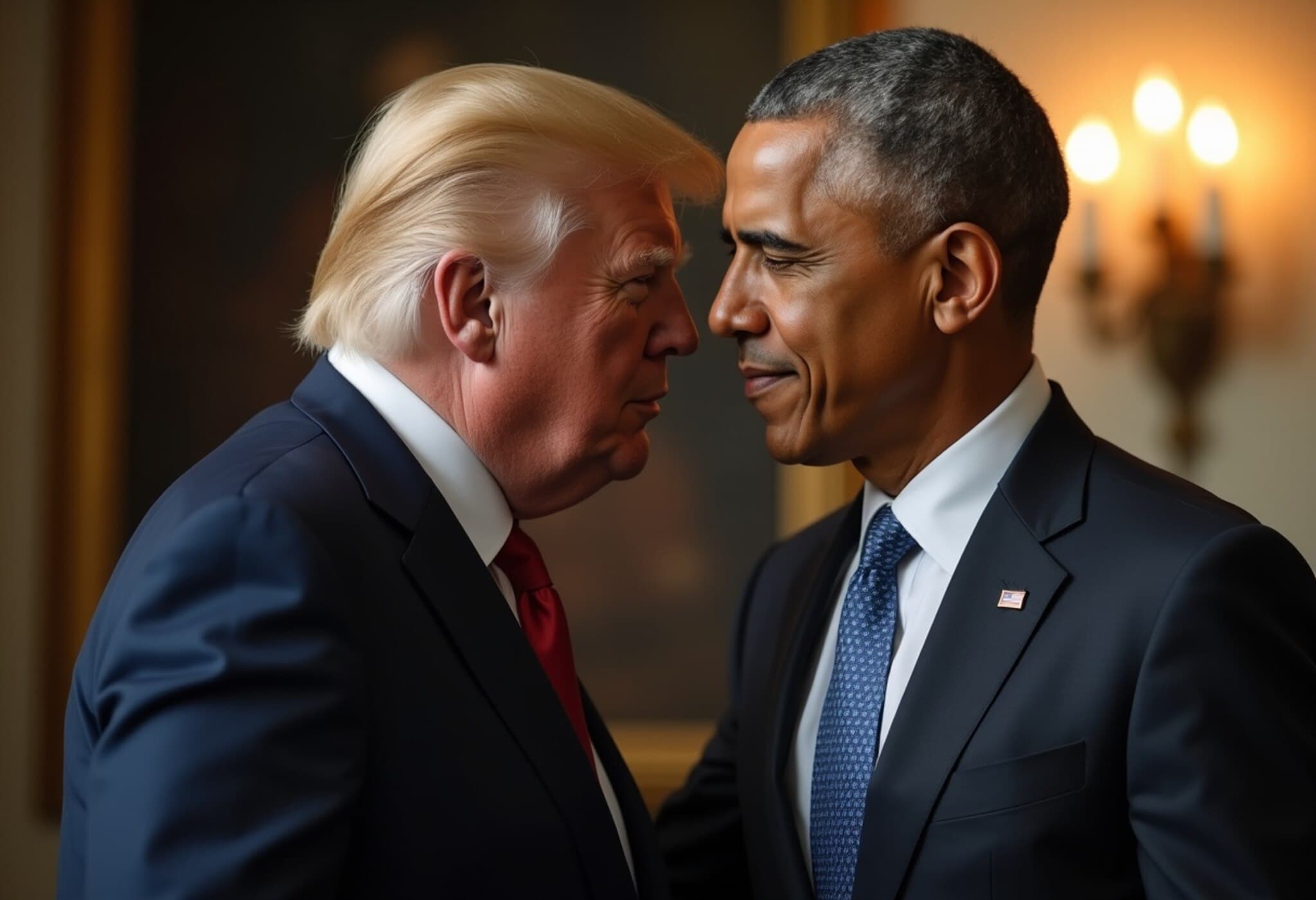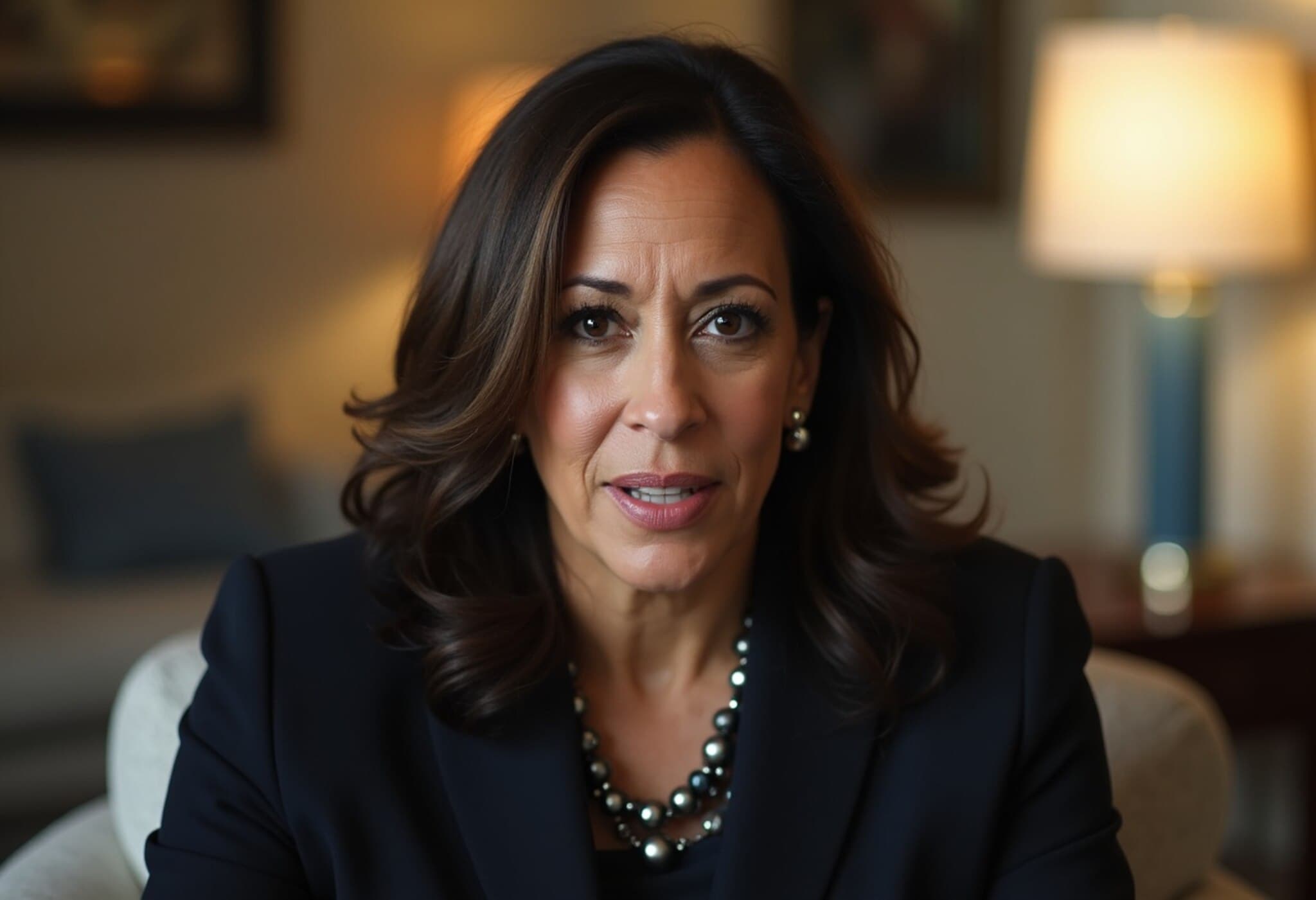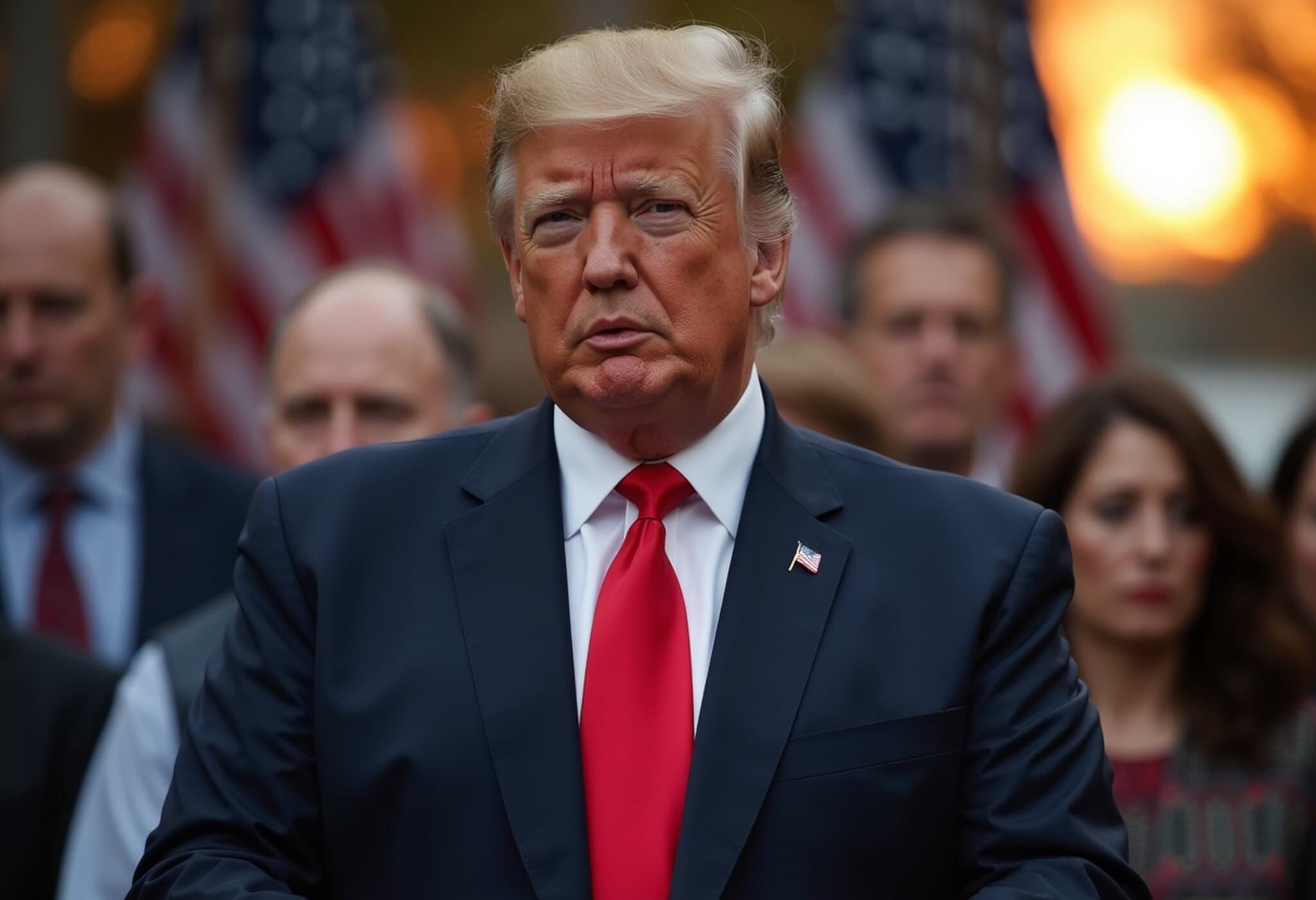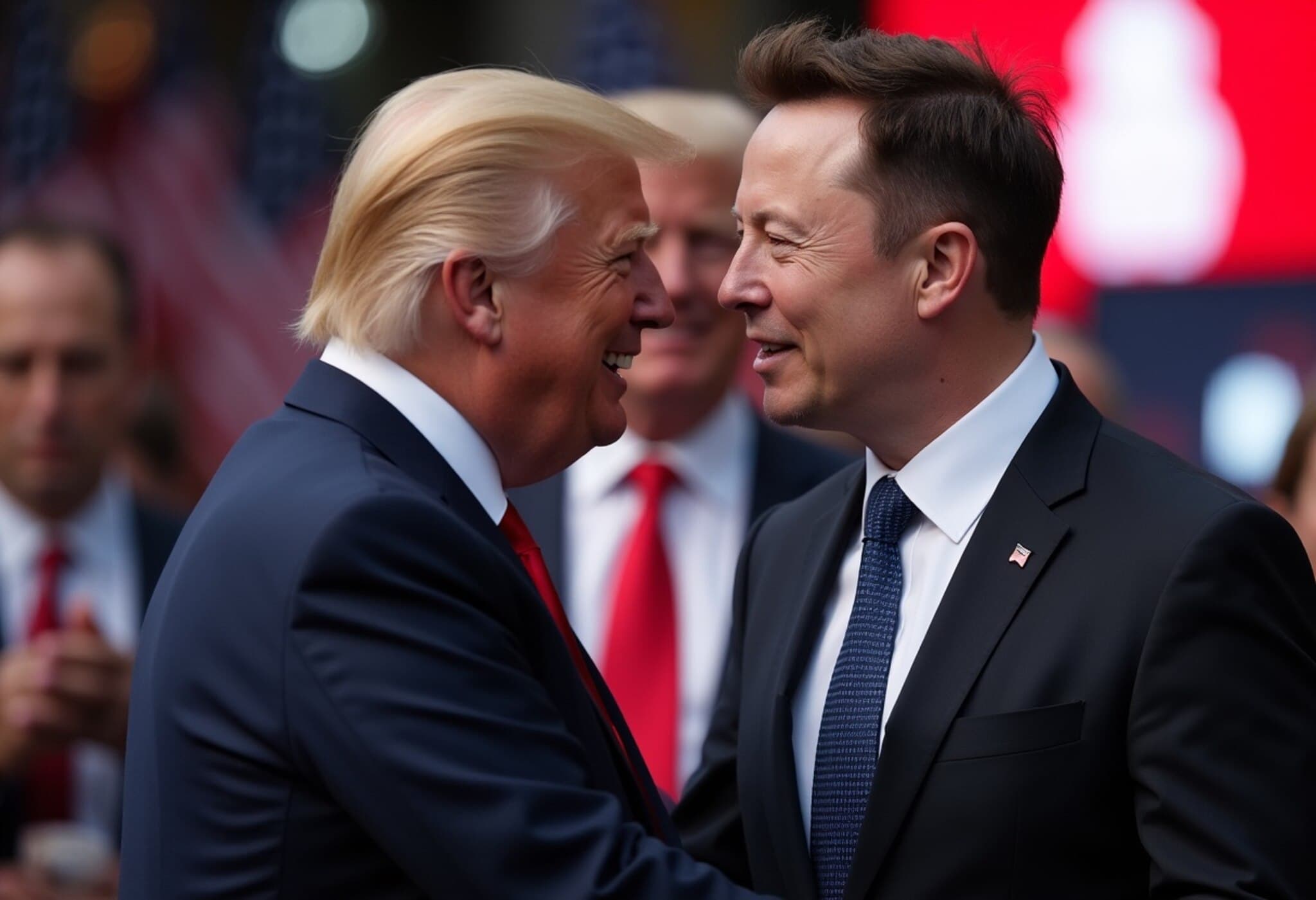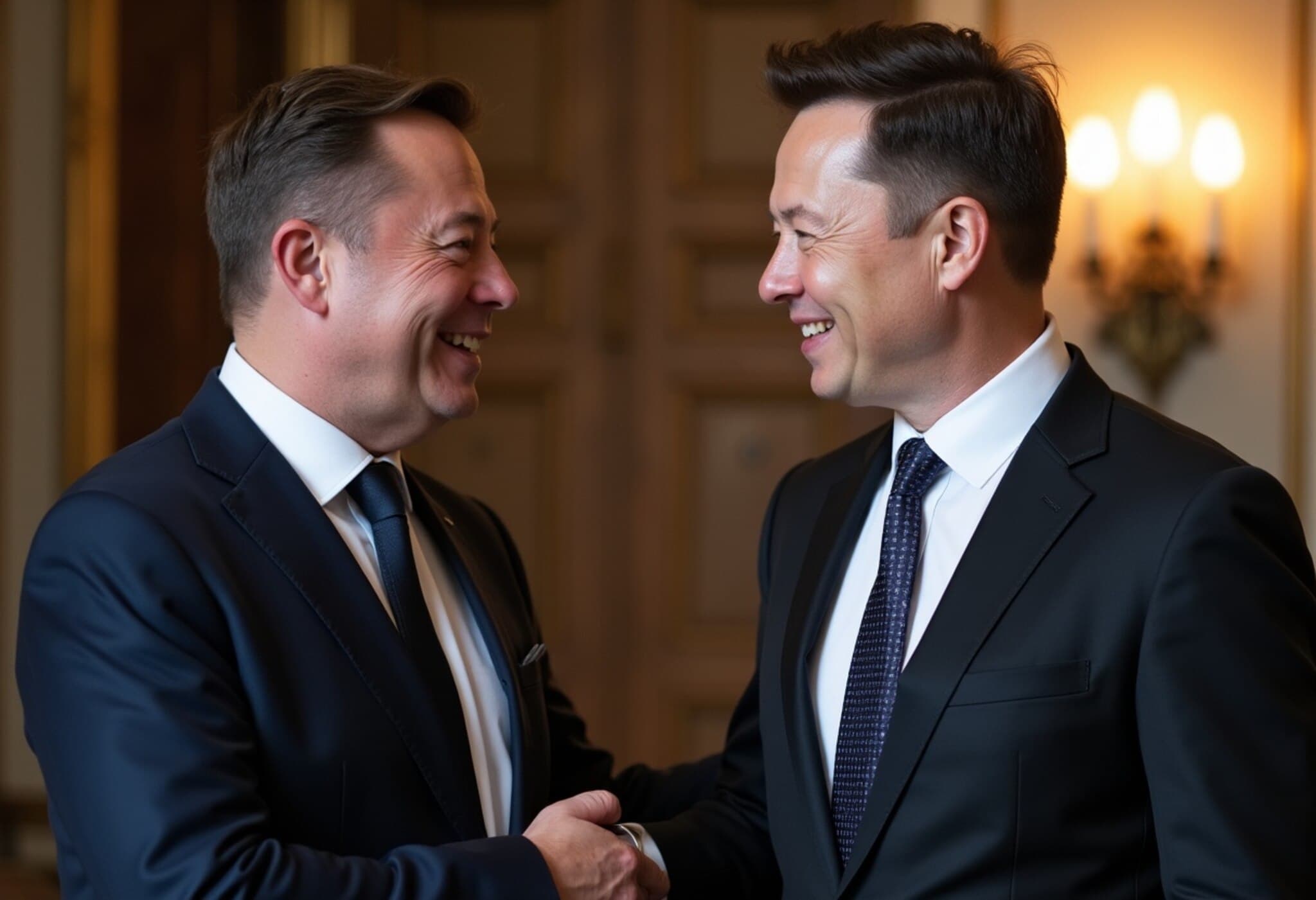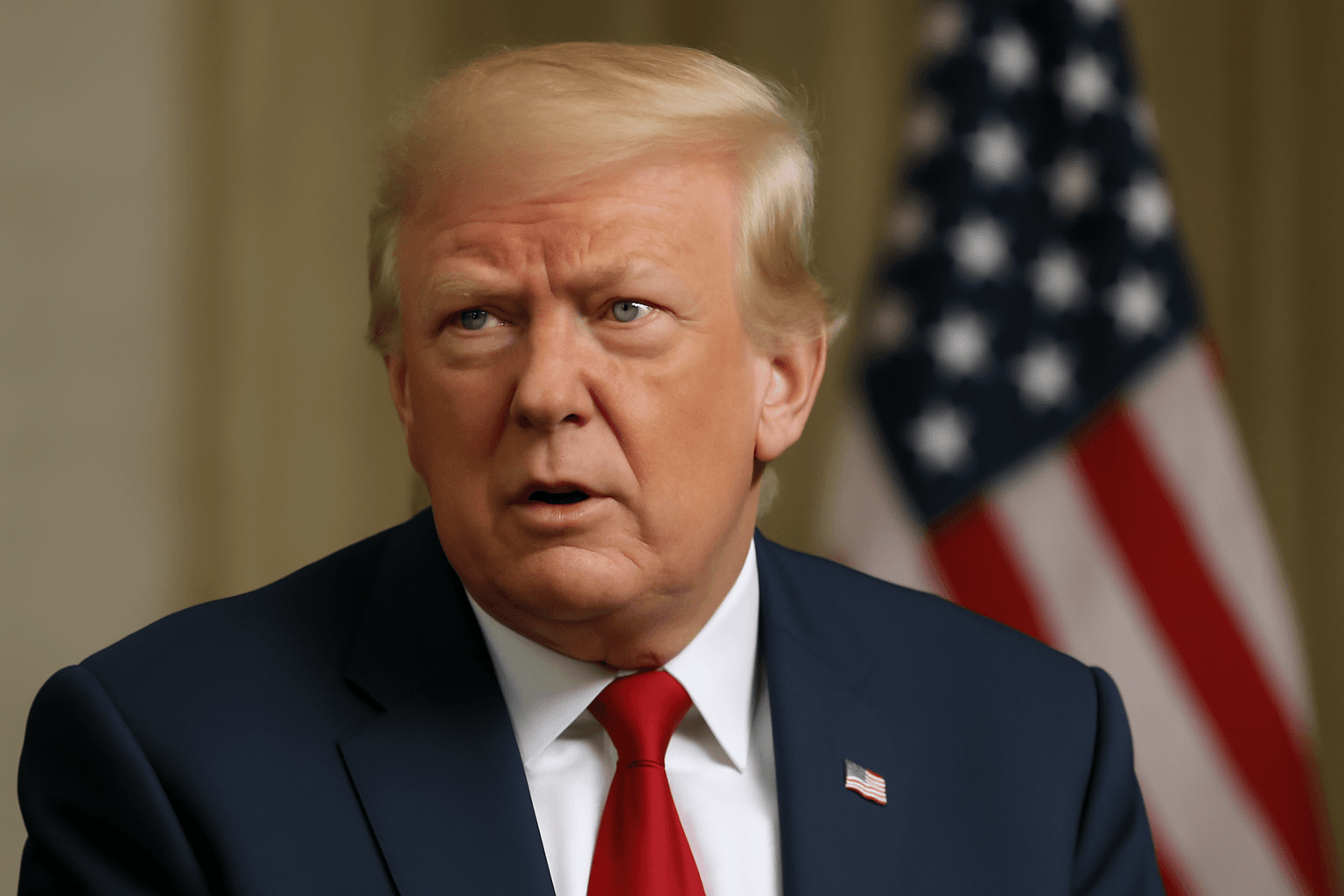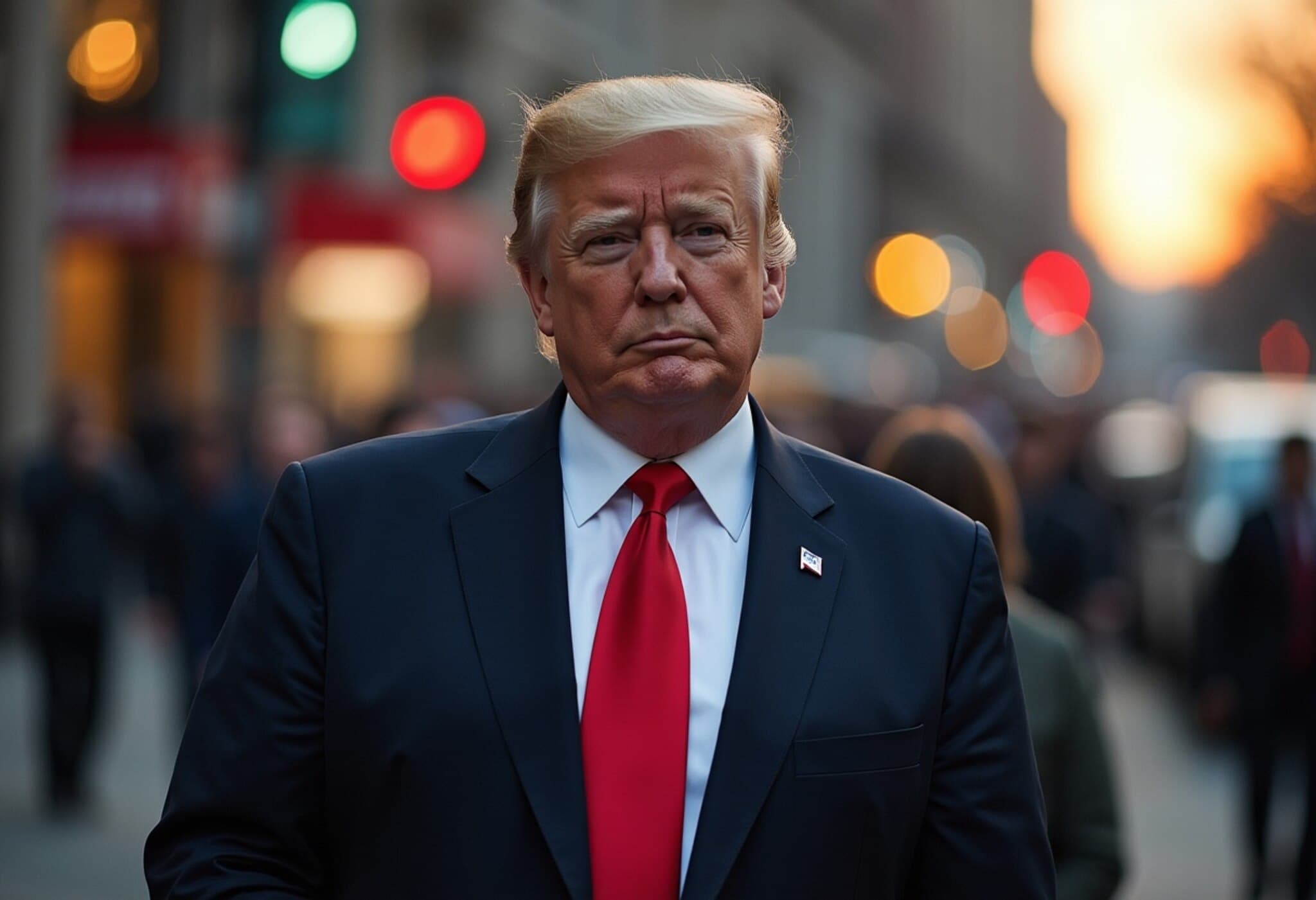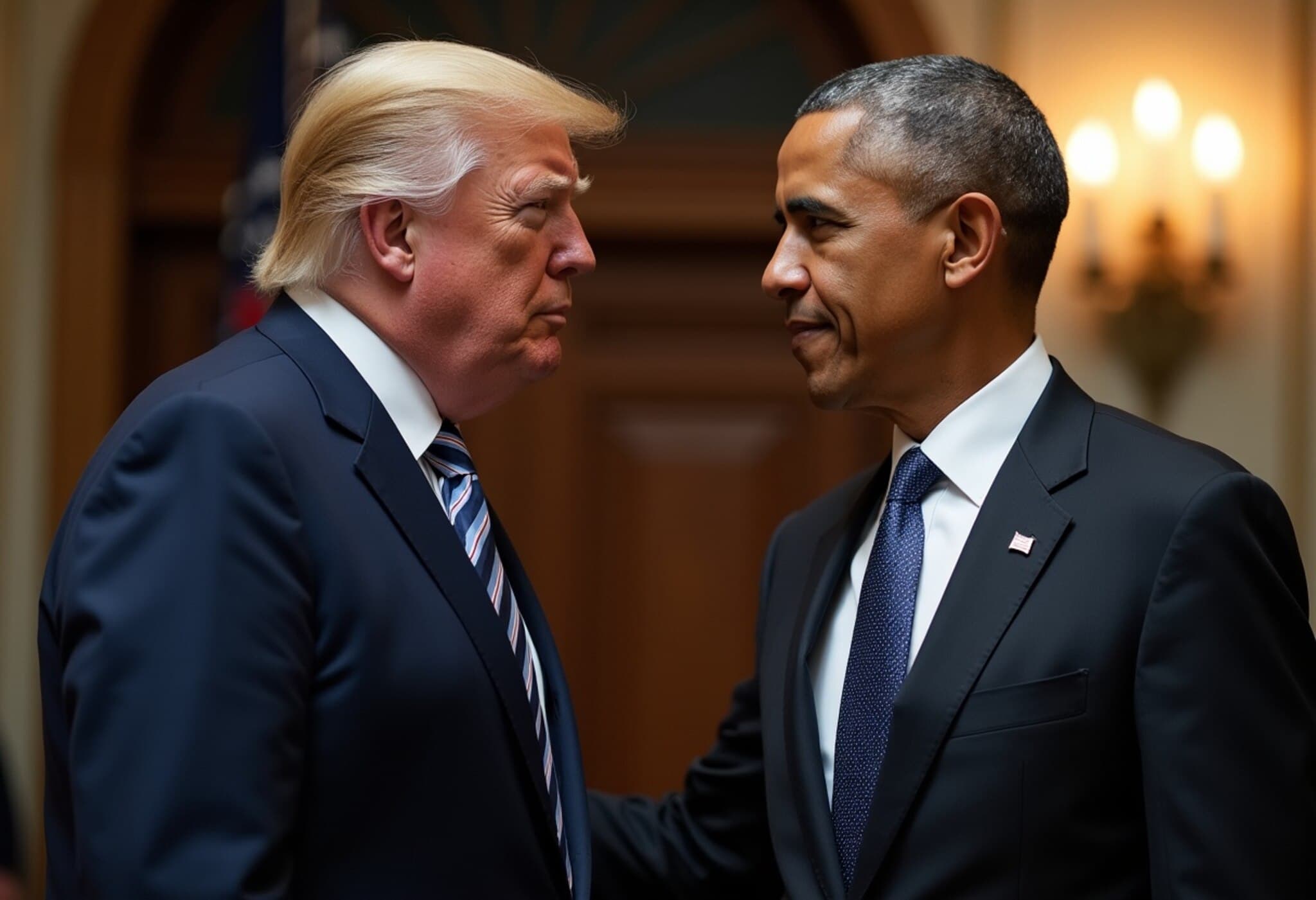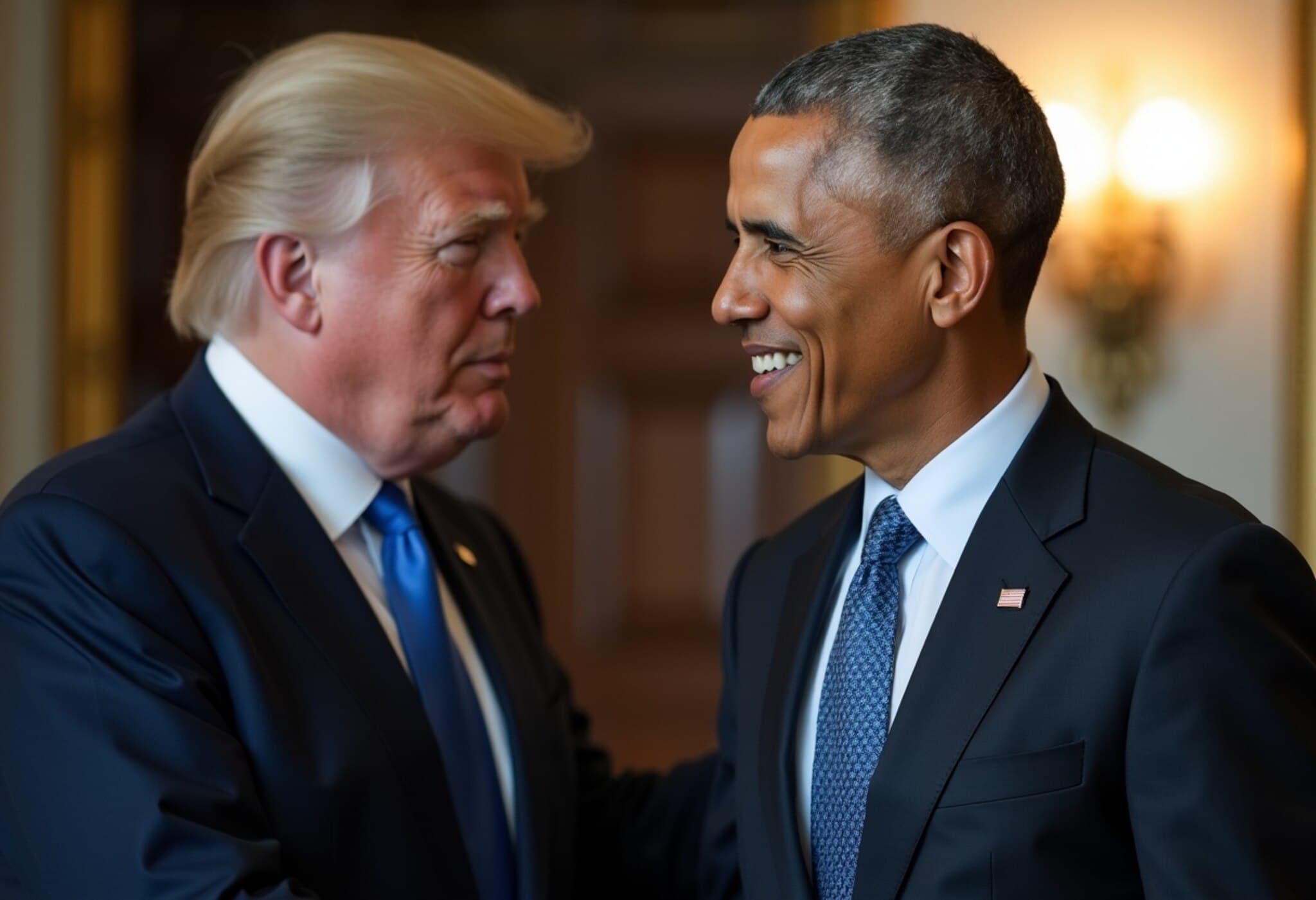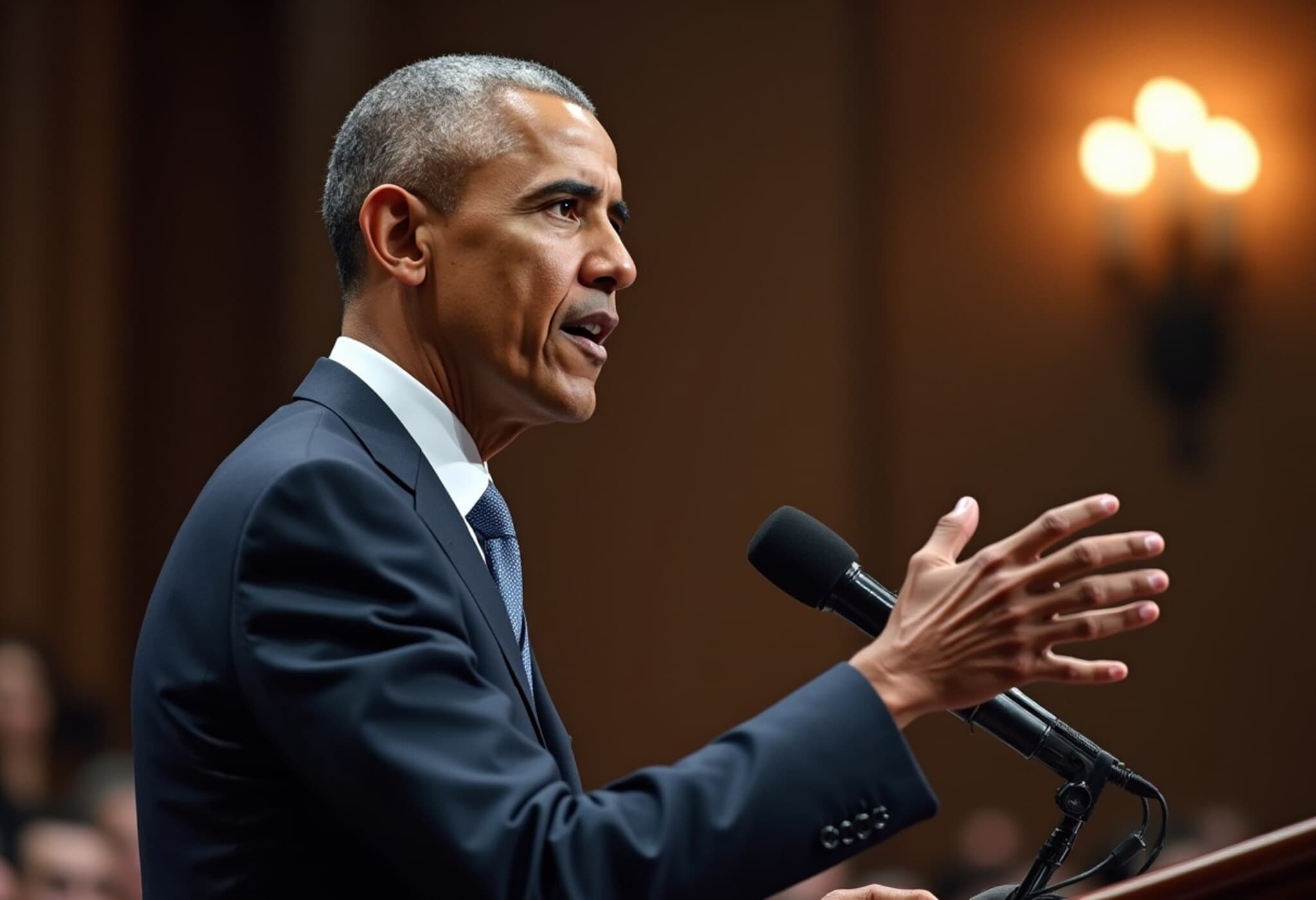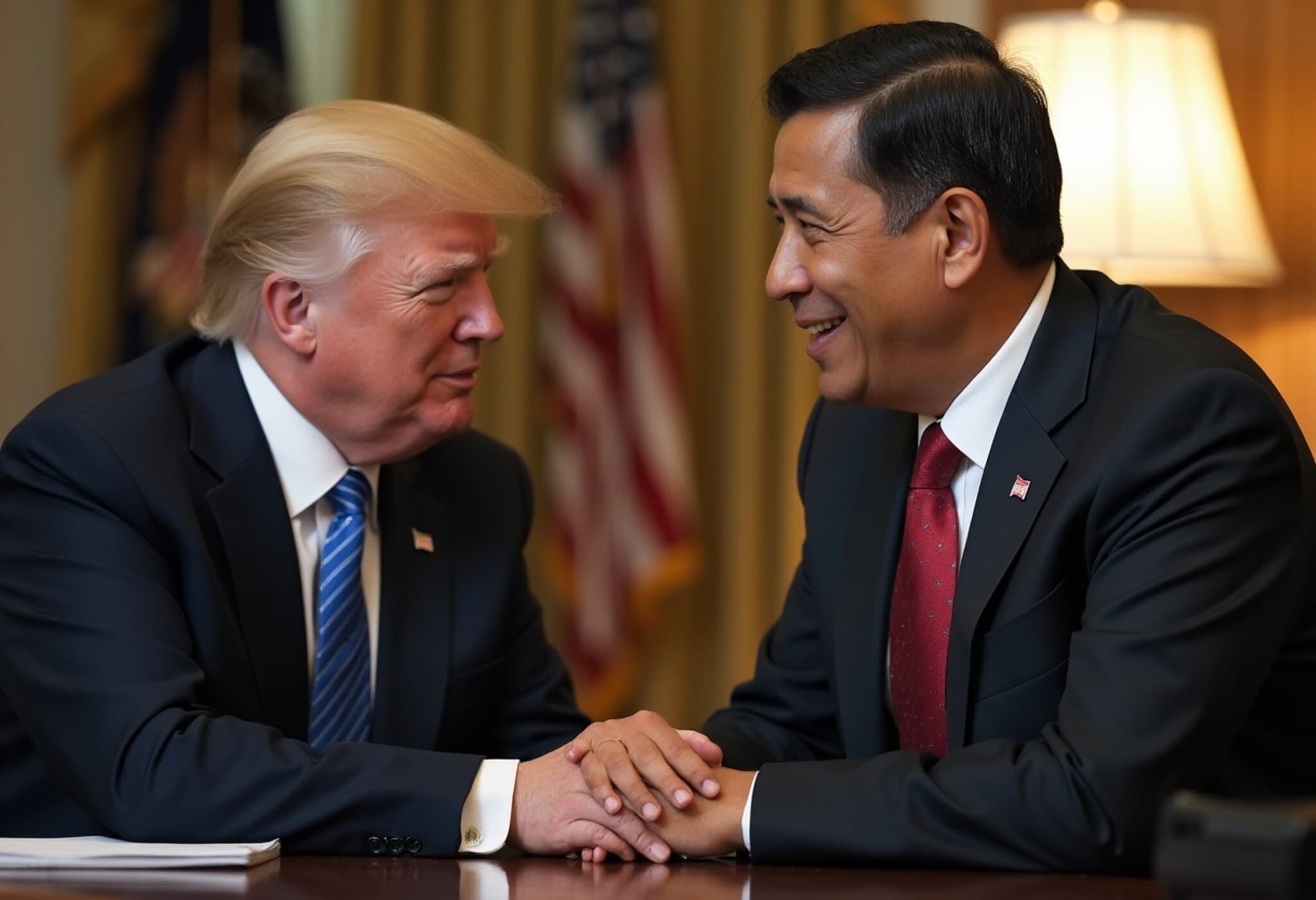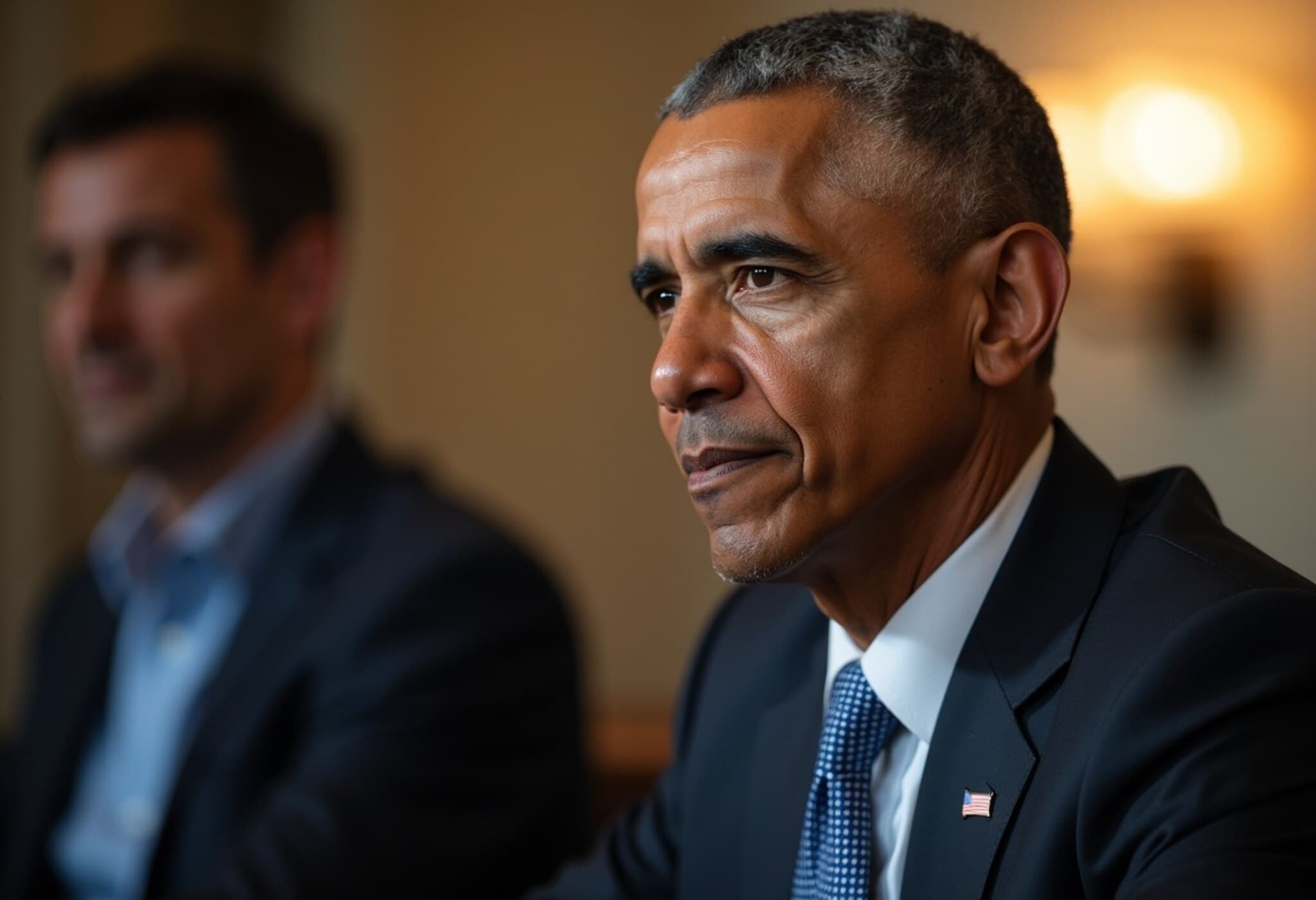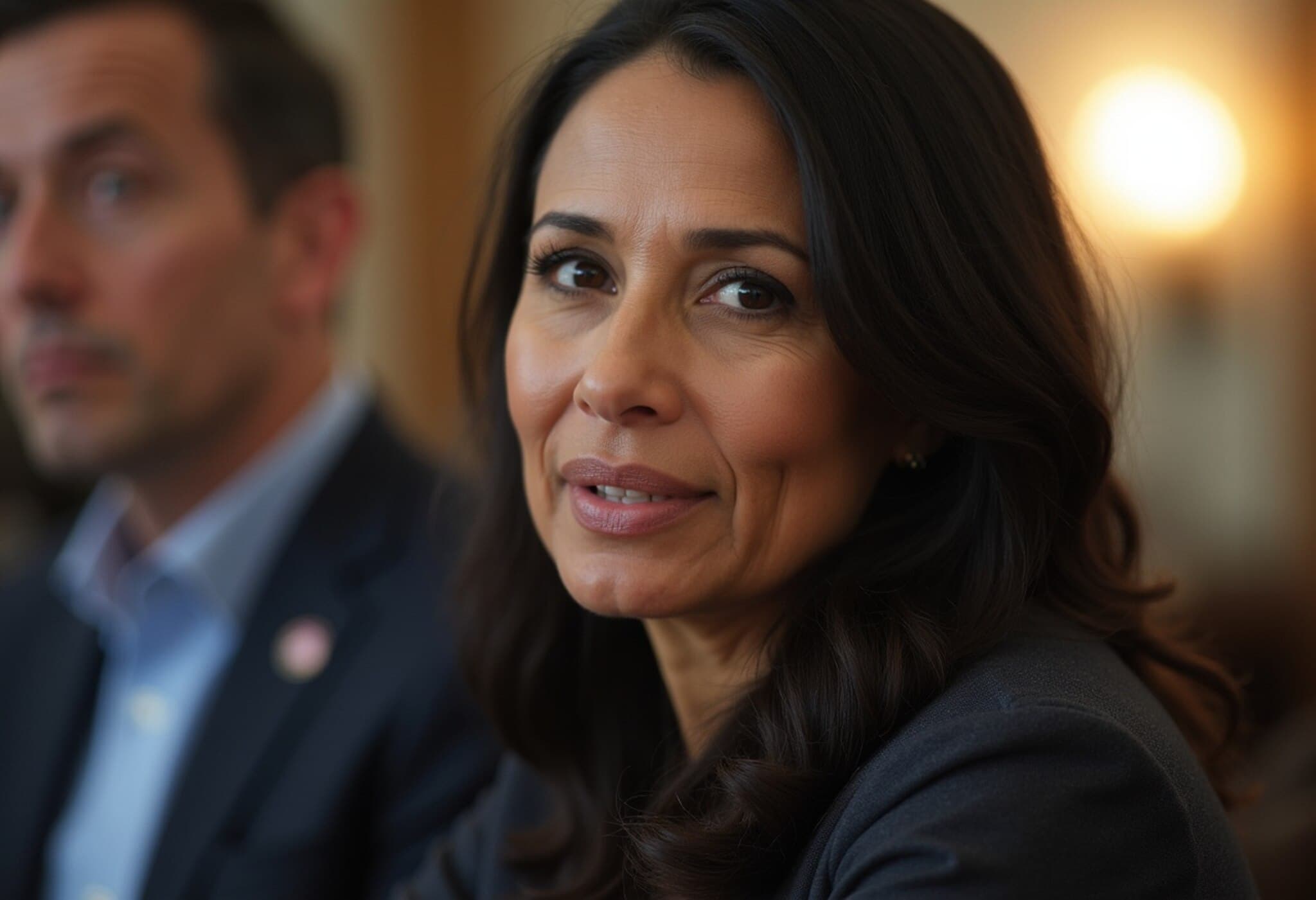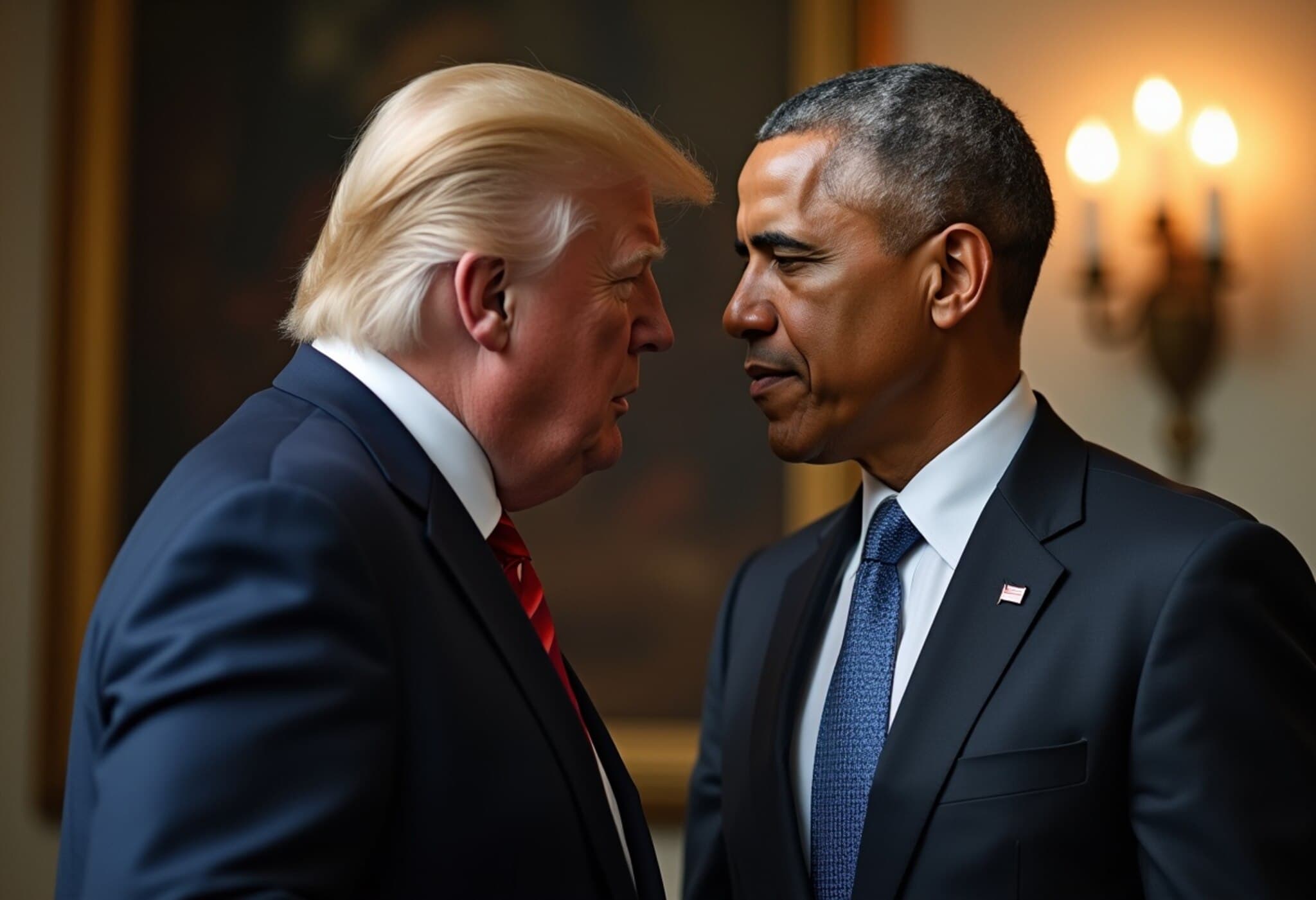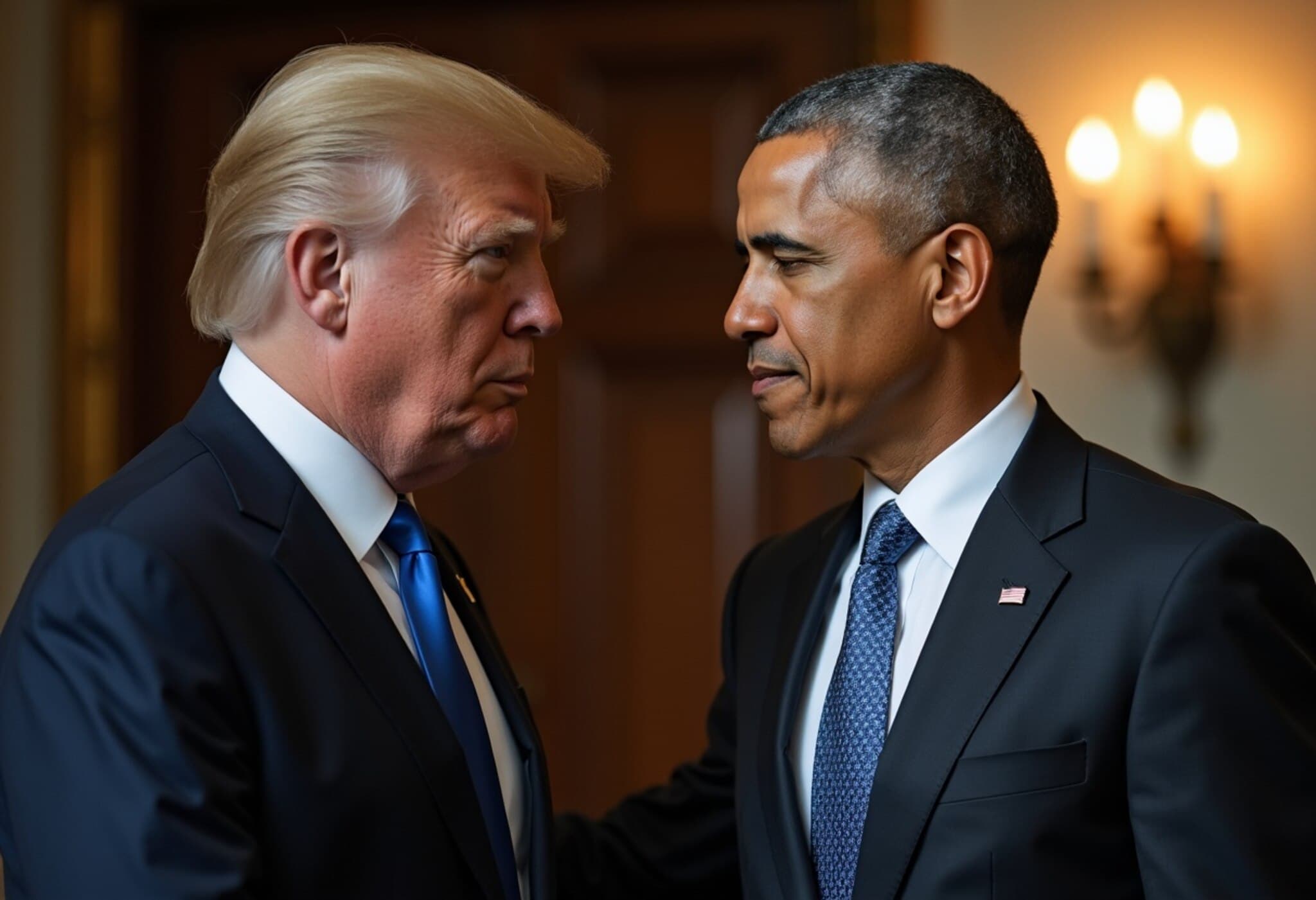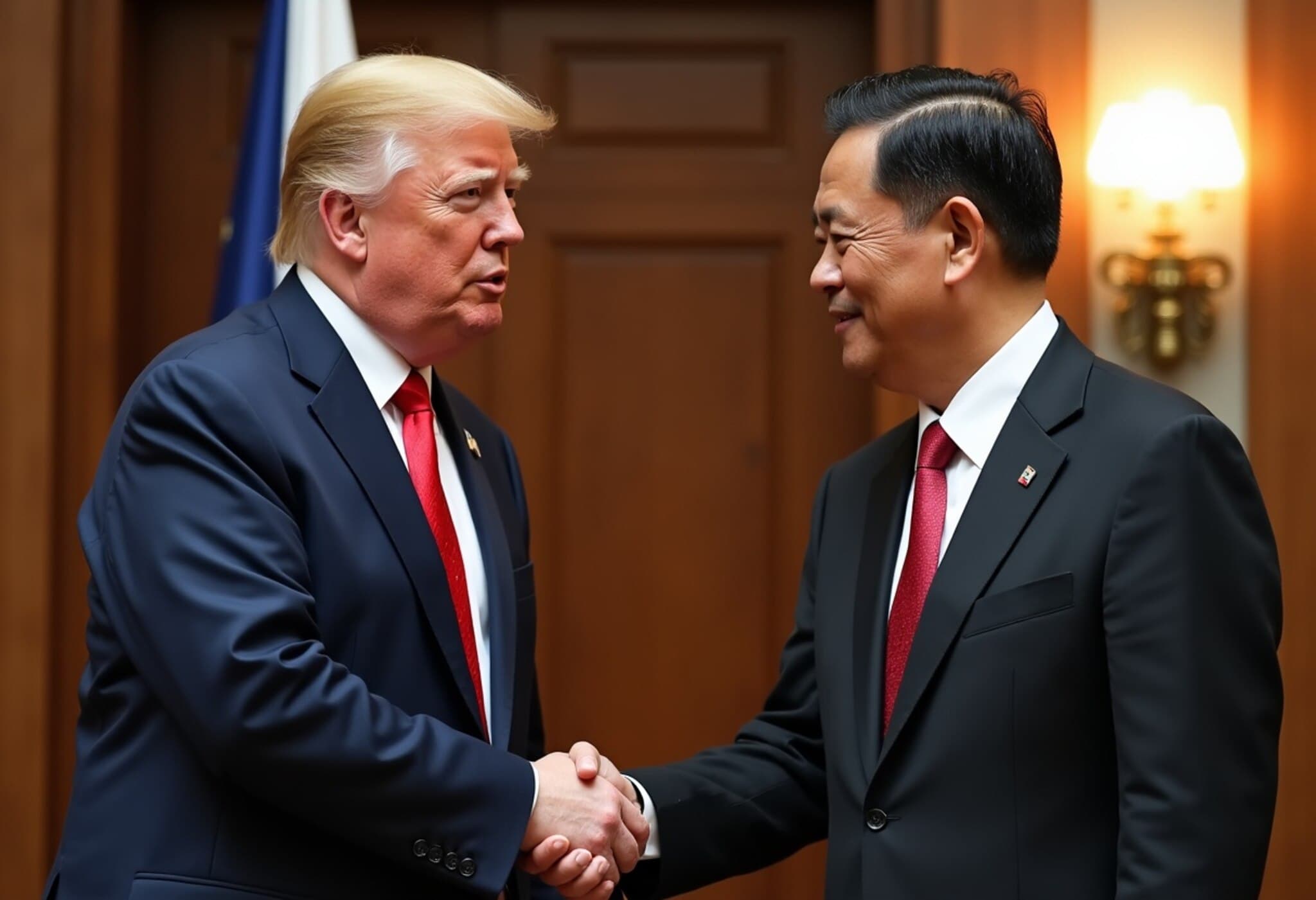Obama’s Office Rebukes Trump’s Treason Claims Over 2016 Election
In a rare and pointed response, former President Barack Obama’s spokesperson dismissed Donald Trump’s allegations accusing Obama of committing "treason" during the 2016 U.S. presidential election as “baseless” and a transparent attempt to distract the public from established facts surrounding Russian election interference.
Official Statement Labels Claims as ‘Bizarre’ and Unfounded
Patrick Rodenbush, spokesperson for Obama, said on Tuesday, “Out of respect for the office of the presidency, we normally do not dignify the constant misinformation flowing from this White House with a response. But these claims are outrageous enough to merit one.”
He went on to emphasize that “these bizarre allegations are baseless and a clear effort to divert attention.” Rodenbush reaffirmed that no credible evidence has ever demonstrated any alteration of votes in the 2016 election. He cited the bipartisan Senate Intelligence Committee report from 2020, led by then-Chairman Marco Rubio, which reiterated that Russia sought to meddle in the election but did not change its outcome.
Trump’s Escalating Allegations Amid Proxy Disclosures
Earlier, former President Trump accused Obama of orchestrating a “treasonous” plot to frame him unfairly regarding Russia. Trump echoed claims made by former intelligence official Tulsi Gabbard, who controversially released classified documents suggesting that Obama-era officials mishandled intelligence on Russian interference, alleging their behavior constituted a “conspiracy” to undermine Trump’s 2016 campaign.
Trump asserted, “It’s there, he’s guilty. This was treason. They tried to steal the election, they tried to obfuscate the election. They did things that nobody’s ever imagined, even in other countries.”
Contextual Analysis: Political Motives and Legal Implications
Experts note that such incendiary declarations come at a time of heightened political turbulence in the U.S., with the country still grappling over the legacy of investigations into election interference and the boundaries of executive power.
American constitutional scholars stress that accusations of treason are exceptionally serious and narrowly defined by law, involving overt acts against the United States such as waging war or aiding its enemies. The legal bar for proving such claims is extremely high, and no credible legal authority has substantiated Trump’s allegations against Obama.
Meanwhile, political analysts interpret Trump’s claims as tactical efforts to shift public discourse amid ongoing scrutiny of his own administration and the January 6 Capitol breach aftermath.
Underreported Dimensions
- The role of bipartisan consensus: Despite partisan divides, key congressional committees have reaffirmed findings about Russian interference without implicating vote tampering.
- Impact on public trust: Repeated, unsubstantiated accusations damage the electorate’s confidence in democratic institutions.
- The potential misuse of classified information: Declassifying sensitive intelligence raises concerns about politicization and national security risks.
What Lies Ahead?
As the narrative unfolds, the American public and policymakers are left to navigate a complex web of fact, fiction, and political theater. Oversight bodies, historians, and legal experts will continue dissecting these claims with the gravity they deserve — ensuring history records an accurate and reliable account of one of the most contentious periods in modern U.S. politics.
Editor’s Note
In an age of misinformation, it is crucial to distinguish between politically motivated allegations and evidence-based conclusions. While accusations like those leveled by Donald Trump attract massive media attention, understanding their legal and factual contexts safeguards democracy’s integrity. Readers should remain vigilant about the sources they trust and the narratives they endorse, especially on topics as consequential as election integrity and national security.

